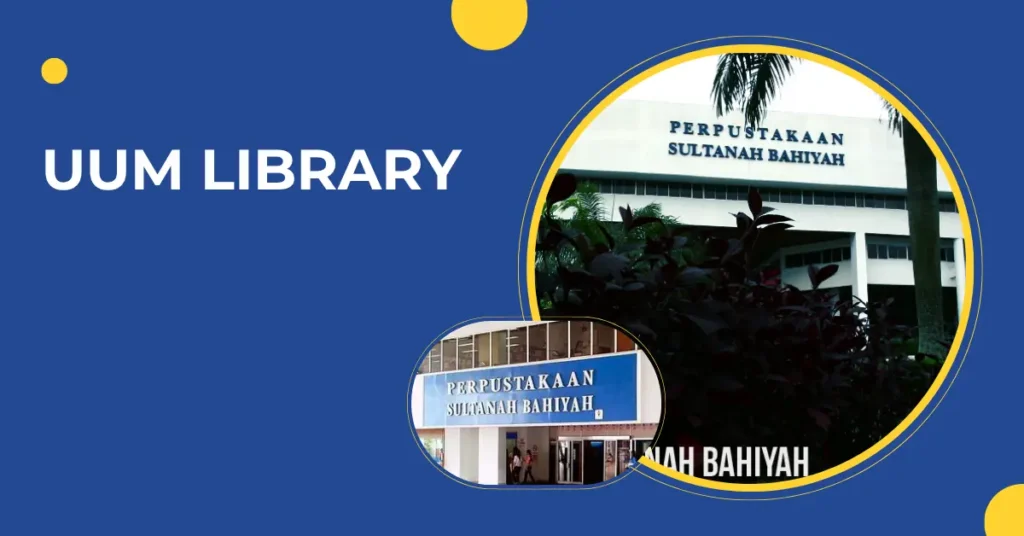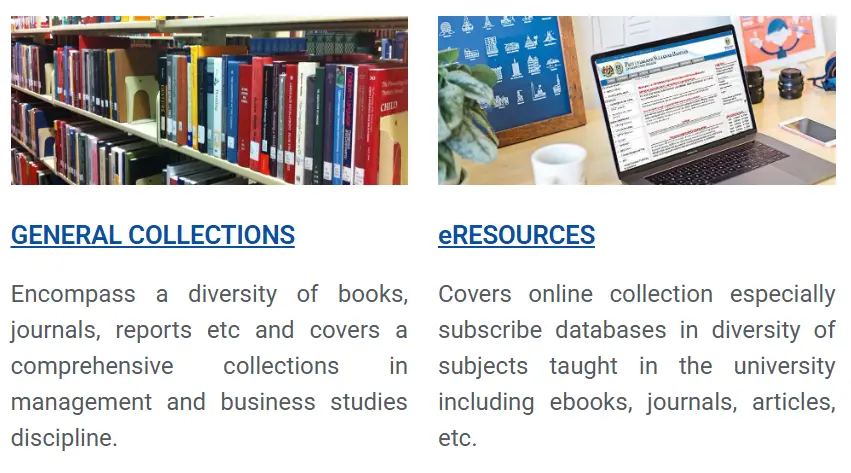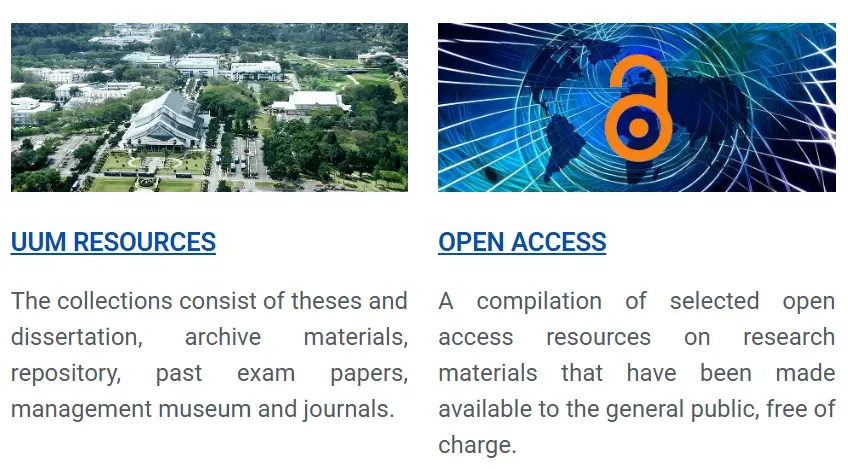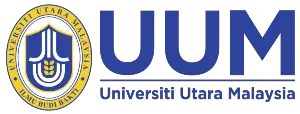The UUM Library, also known as Perpustakaan Sultanah Bahiyah, is the main library for Universiti Utara Malaysia. It serves as a hub for students, faculty, staff, and researchers by offering a wide range of collections, services, and facilities. From general study areas to digital resources, the library is designed to support every step of the learning and research process.
Visitors can access ebooks, journals, online databases, and dedicated spaces for group discussions or quiet study. With a user-friendly approach and various zones for different needs, Perpustakaan Sultanah Bahiyah helps the campus community achieve their academic goals efficiently. Just UUM Library Login and access what you want!

Overview of UUM Library
The UUM Library, formally called Perpustakaan Sultanah Bahiyah, serves as the main academic library for Universiti Utara Malaysia. It offers a wide range of resources, services, and facilities to support the university’s students, faculty, and researchers.
Campus and Facility Highlights
Located at Universiti Utara Malaysia in Sintok, Kedah, Perpustakaan Sultanah Bahiyah stands as one of the largest university libraries in northern Malaysia. The building features several floors dedicated to different study needs, including quiet reading areas, group discussion rooms, and open-access computer labs.
The facility is fully equipped with modern amenities. Users benefit from fast, reliable internet access, automated borrowing and returning machines, and an online library catalog. The library also provides spaces for both individual and collaborative work. Patrons can access printing, photocopying, and scanning services throughout the library.
Special zones support different user groups. For example, postgraduate students have access to dedicated research rooms. Accessibility features for persons with disabilities are also provided. The library’s central location on campus makes it easy for the UUM community to use it as a one stop center for academic support.
Role as an Academic Library
Perpustakaan Sultanah Bahiyah plays a central role in supporting scholarly activities at UUM. It acts as the main gateway to print and electronic resources, giving access to thousands of books, journals, e-books, and databases that cover a wide range of subjects offered at the university.
Library staff offer reference and research guidance to users, from helping with literature searches to educating about plagiarism and citation management. Workshops and information literacy programs are regularly held to help users improve their research and study skills.
The library supports the entire research process, making it easier for patrons to locate, borrow, and access materials. It also maintains special digital collections, such as past year exam papers and UUM theses and dissertations, available online at UUM portal. As an academic hub, Perpustakaan Sultanah Bahiyah is essential for the success and academic growth of the Universiti Utara Malaysia community.
UUM Library Collections and Resources
UUM Library offers a wide array of materials covering many subjects. Both physical and digital resources are available, supporting the academic needs of students, researchers, and staff.


Physical and Digital Collection
The UUM Library holds a large general collection of books, print journals, newspapers, and media items. Library users can access materials for different fields, such as business, law, and sciences. The physical collection provides print resources, while the media collection includes DVDs, CDs, and audiovisual materials.
On the digital side, the library’s online collection includes thousands of ebooks, digital newspapers, and e-resources. The digital collection is available through the library website, and UUM patrons can search for materials by logging into their library account.
A growing number of library materials are only available online. This allows students and researchers to access information from anywhere, making research more convenient.
Access to Journals and Databases
UUM Library provides access to many local and international journals. These include full-text journal articles, indexes, and conference papers. The library subscribes to a variety of databases that cover a diversity of subjects, such as management, technology, education, and more.
Examples of available resources:
- Subscribed Databases: Scopus, ScienceDirect, Emerald, and JSTOR
- Journals: Access to both current and archived issues
- Indexes and Abstracts: Tools for locating articles by topic
Library users can view or download articles and research papers directly from these databases. Some databases require users to log in with their UUM credentials. Most content can be accessed off-campus, supporting remote learning and research.
Open Access and Digital Repository
The library maintains an open access repository that contains digital items created by UUM students and staff. This includes theses, dissertations, research papers, and case files. Many documents are available for free download, promoting wider sharing of academic work.
Open access collections are designed to make scholarly communication easier and more transparent. The repository holds materials from different disciplines, and users can search for items using subjects, authors, or keywords. Some materials are also available in MalRep and AUNILO, regional networks for open access resources.
Open Access Benefits:
- Free access to UUM-generated research
- Promotes use and citation of UUM research
- Supports collaboration
Research and Reference Materials
UUM Library supports research by offering a range of reference and research materials. These include reports, proceedings, past exam papers, and specialized reference books.
The library provides access to digital research tools like citation indexes and statistical databases. Users can find materials to support assignments, dissertations, or scholarly articles. Many resources are listed in the library’s WebPAC catalog, which helps users find both electronic and print titles.
Library staff assist with research queries by helping patrons search for information, use databases, or format references. This support is especially useful for postgraduate students working on theses and dissertations.
Frequently Asked Questions
The UUM Library offers a range of resources for students and staff, including printed books, online materials, and study spaces. Users can find answers here about library hours, booking rooms, borrowing policies, and accessing digital services.
